Your letters
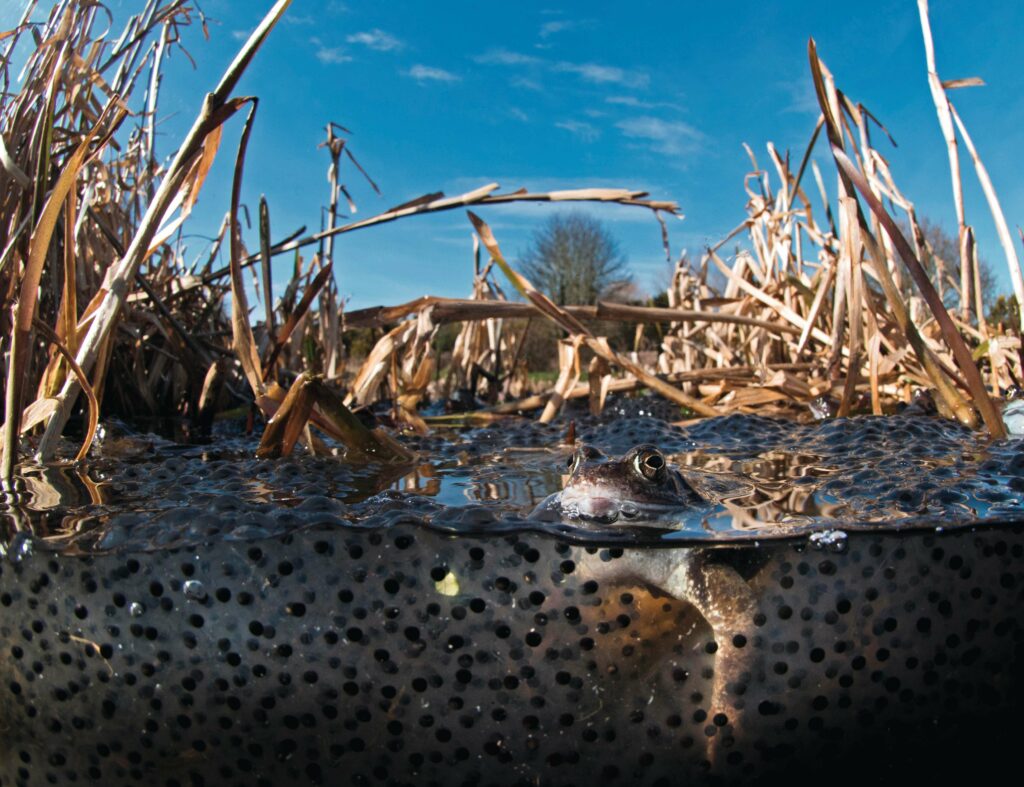
I’ve been keeping a record of when my frogs arrive and spawn in my fairly large pond. In 2014, we had huge numbers and the pond was alive with their thrashing. In 2020, we started to get less and less, and this year I’ve only found one small clump under a plant’s overhanging leaves.
Next month: Vole victory
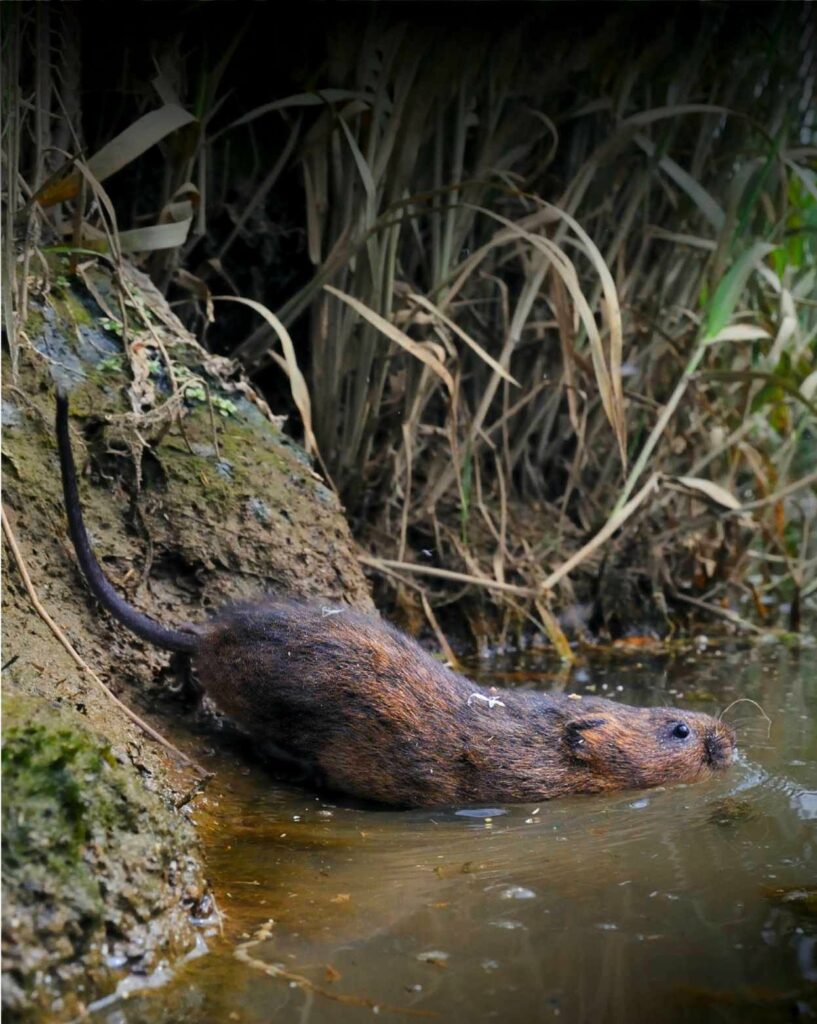
Five years ago, the water vole earned the unfortunate moniker of ‘Britain’s fastest declining mammal’. But conservationists are not giving up on ‘Ratty’ – recent years have seen thousands of individuals restored to riverbanks up and down the country. Alexandra Pearce-Broomhead reports from one such project in Cornwall, where water voles are now back for the first time in 25 years.
Tales from the bush: Follow the flock
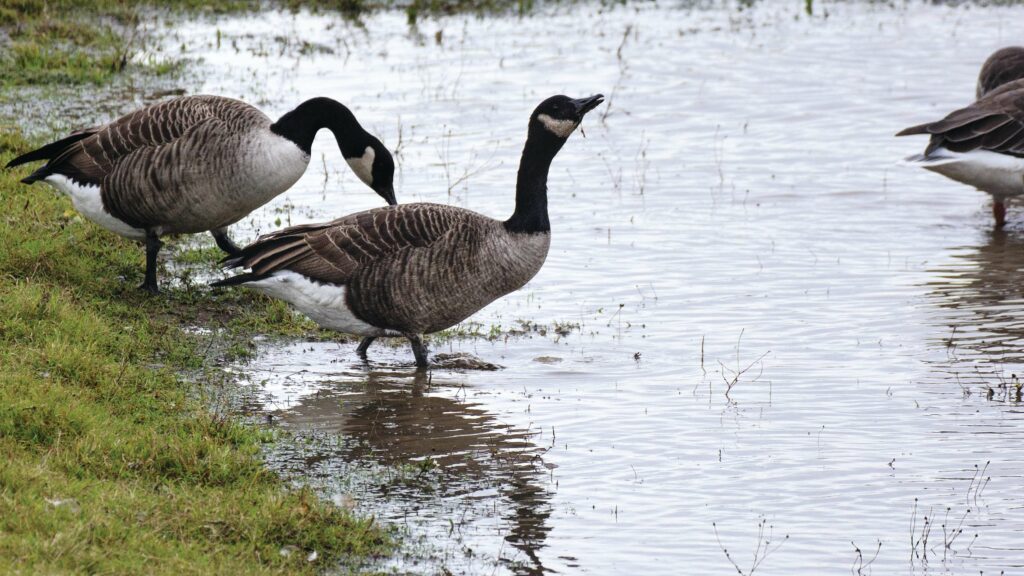
Some birds are more than birds. Glitches in the thread of time, they’re portals to past chapters of our lives. One with such a hold on me is a vagrant Arctic goose.
LAZY SUSAN

lazysusan.co.uk
REEF & RAINFOREST
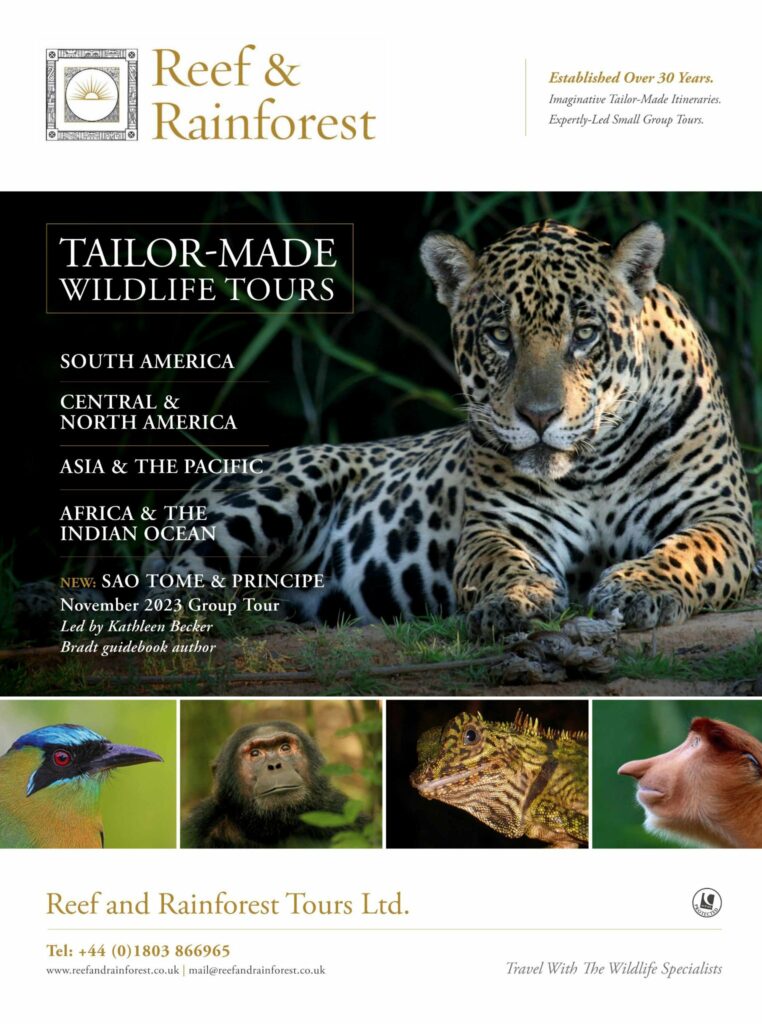
www.reefandrainforest.co.uk
News: Up-Down
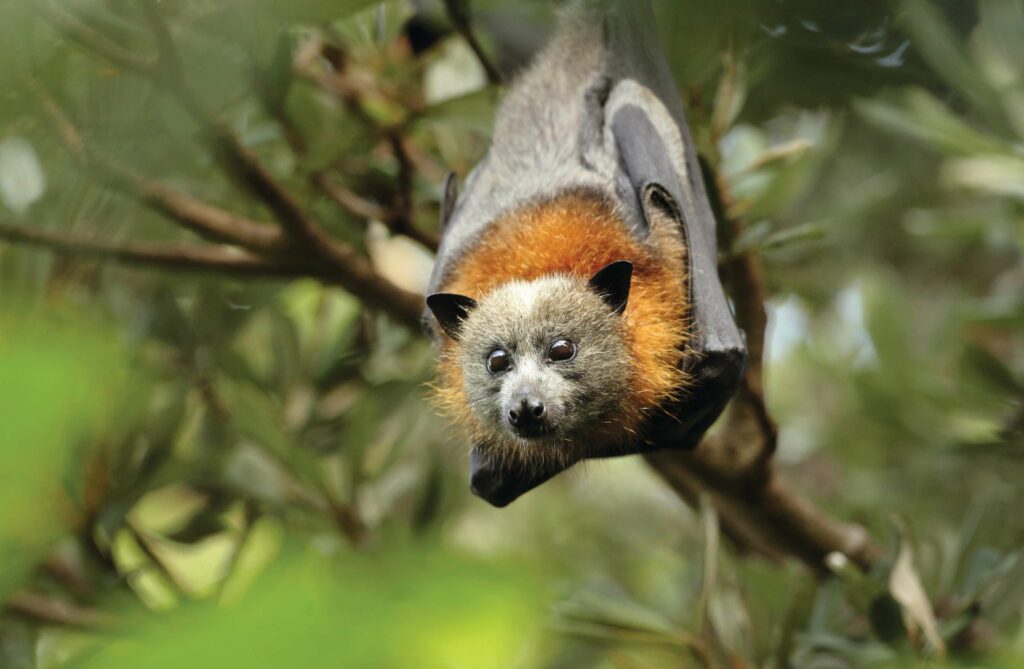
To help grey-headed bats cope with extreme heat in the Australian summer earlier this year, parks workers in Melbourne installed 32 specially designed sprinklers to mimic light rain showers near the city’s largest colony.
From the BBC Wildlife Archive
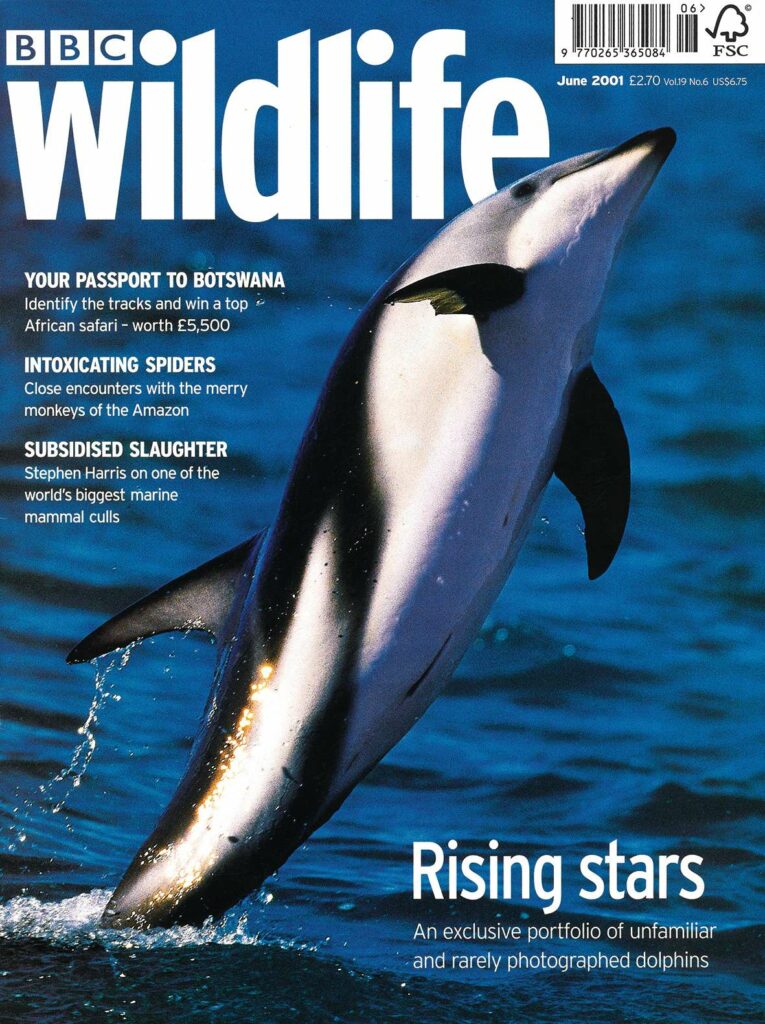
Marine biologist Todd Pusser shares images of the world’s lesser-known dolphins in June 2001 – many of his shots were taken while on research trips.
News in brief
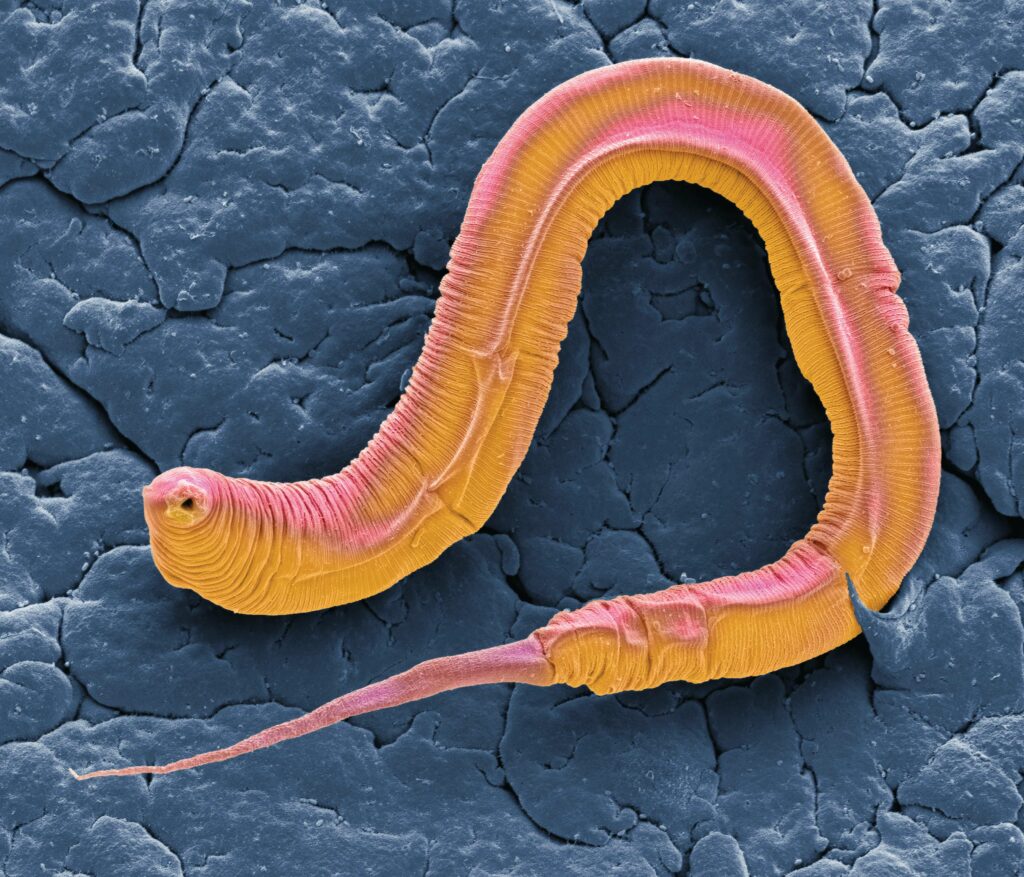
Cannabis users call it ‘the munchies’; scientists call it ‘hedonic feeding.’ Either way, it’s not only humans that crave tasty treats after exposure to the drug. Current Biology reports that cannabis causes nematode worms to eat more of their favourite food, suggesting that it operates via a biochemical pathway shared with our common ancestors 500 million years ago.
WILDLIFE MAGAZINE

HAWKE

www.hawkeoptics.com